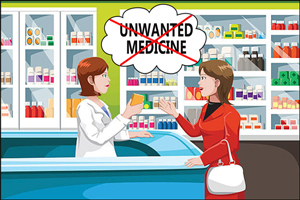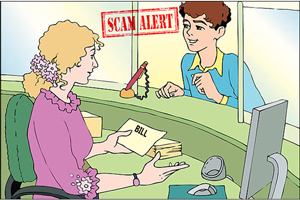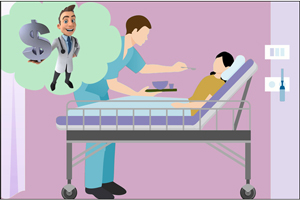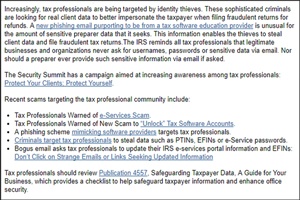Patient Charge Evation Scams
Financial losses suffered by the majority of branded companies worldwide due to the fraudulent approach of scammers amount to billions of dollars. Still, several branded and famous companies continue to receive phishing emails from the scamming world. Though financial sectors and bankers are installing high-quality antivirus software, they are unable to completely eliminate this menace.
Scammers are becoming technically savvy and target companies in unique ways with the objective of swindling huge amounts from their bank accounts. Scammers send phishing emails or call innocent people, prompting them to provide important personal and financial details such as login credentials. When innocent people provide their credentials, scammers instantly withdraw the money.
Nowadays, scams related to patient charge evasion are becoming extremely prevalent. In these types of scams, patients avoid paying charges they owe, including prescription, optical, and dental fees. Patients may evade these charges intentionally by falsely claiming exemptions or using aliases. Many countries are losing millions of dollars due to scams related to prescription charges. Several nations issue prescription charge cards as an aid to support families in the middle-income group. However, GPs, patients, and medical shops misuse these prescription charge cards, leading to significant financial losses for the NHP of various countries. Health ministers across multiple nations have now taken scams related to prescription charge evasion seriously and have instructed relevant departments to take strong action against criminals misusing these cards.
Patient charge evasion scams refer to fraudulent activities aimed at manipulating healthcare billing processes to avoid or reduce legitimate charges for medical services. In these scams, unscrupulous individuals may employ various deceptive tactics, jeopardizing both individual patients and the integrity of the healthcare system. One prevalent scheme involves upcoding or unbundling, where scammers artificially inflate charges by billing for more expensive services than those actually provided or by separating bundled services to exaggerate costs. Identity theft plays a significant role in these scams, with fraudsters using stolen or fabricated patient information to generate false claims for services that were never rendered. Kickback and referral schemes also contribute to patient charge evasion, involving illicit payments to healthcare providers in exchange for patient referrals or specific services.
False documentation is another common element in these scams, as fraudsters create fictitious medical records to substantiate fraudulent claims. These activities not only pose financial risks to individuals but also undermine the trust and efficiency of the broader healthcare system.
To protect against patient charge evasion scams, individuals should carefully review medical bills and insurance statements, promptly questioning any discrepancies. Safeguarding personal and health insurance information is crucial to prevent identity theft. If suspicions arise, individuals should reach out to healthcare providers or insurance companies for clarification. Reporting any suspected fraud to relevant authorities, such as the U.S. Department of Health and Human Services or state health departments, is essential for combating these fraudulent activities. By staying vigilant and informed, individuals contribute to maintaining the transparency and honesty of healthcare billing practices, ensuring the integrity of the healthcare system as a whole.
In many countries, instances have come to light where several pharmaceutical shops submit counterfeit prescription forms and attempt to evade tax. It is imperative to note that exemptions are granted only to selected groups and not to everyone. These types of scams are now becoming a global challenge, and health ministers are seriously investigating them in various places.
Patients who visit nursing homes or clinics must bear all the charges and should not evade payment, as it is a serious offense. Acting in connivance with pharmacists or GPs to avoid certain charges, such as optical, dental, and prescription fees, is considered a criminal offense. Some of the important points patients must consider after stepping into the clinic are:
They are expected to settle all bills, fees, charges, and taxes properly. If they qualify for exemptions, they should provide proper proof to support their claims.
They should fully pay the charges they owe to hospitals and pharmacists, including dental, optical, and prescription fees.
If they find any malpractice in the hospital's billing section, patients should escalate the matter to the highest authority.
Hospitals or pharmacists should escalate the issue to the cyber cell if patients deliberately avoid paying the above charges.






